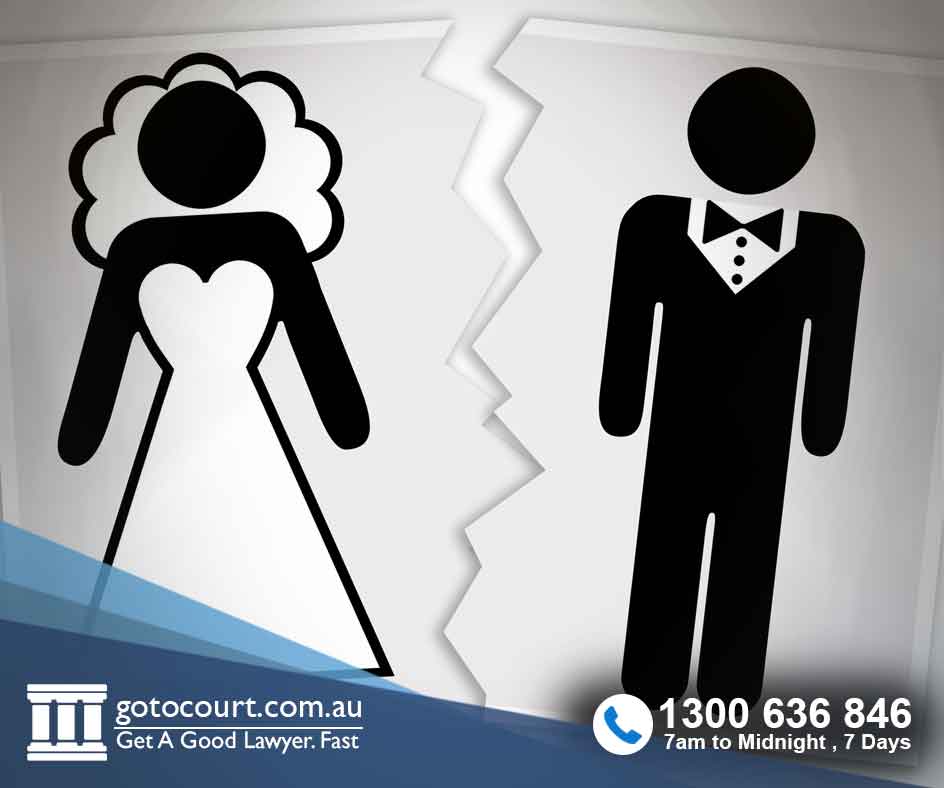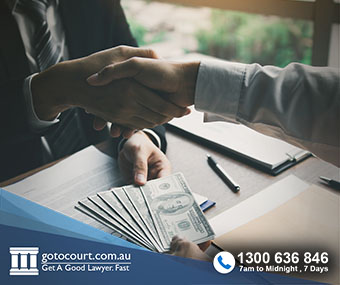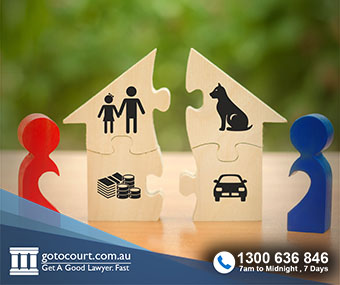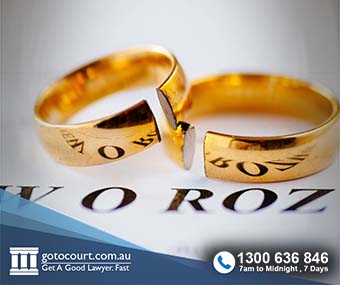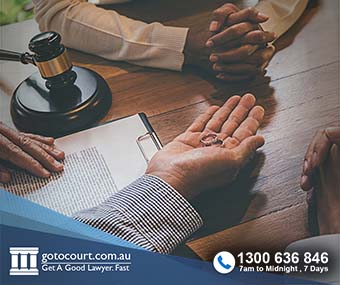Bankruptcy and Family Law Matters
Bankruptcy and Family Law Matters
If a person to a marriage or de facto relationship is declared bankrupt, this can have a significant impact on family law disputes.
What is bankruptcy?
Under the Bankruptcy Act 1966 (Cth) a person can be declared bankrupt in one of two ways:
- A creditor, or someone the person owes money to, makes an application to the court which has the effect of making the person bankrupt (involuntary bankruptcy); or
- The person files a debtor’s petition which has the effect of making the person bankrupt (voluntary bankruptcy).
Declaring themselves bankrupt involves having a Trustee appointed to take control of the person’s assets and income so that the debts can be paid.
Bankruptcy and family law matters
The Bankruptcy Act now gives the Federal Circuit and Family Court jurisdiction to deal with any matters in relation to property settlements, child support or spouse maintenance proceedings.
When a person is declared bankrupt their assets vest or go into the control of the Trustee immediately. This means that the bankrupt party does not have control or possession of the assets. The bankrupt party can no longer transfer property in accordance with any order for property settlements.
In proceedings where a party is bankrupt the Trustee must be joined as a party to the proceeding following the rules set out in the Family Law Act 1975, which governs family law proceedings.
When a party is declared bankrupt there is no obligation to comply with pre-action procedures in Family Law, such as mediation.
Rights and restrictions of the bankrupt party
Unless the court gives permission, a bankrupt party is not entitled to make submissions to the court in relation to property that has been vested in the Trustee.
However, the bankrupt party does have a right to make submissions in relation to property owned by the non-bankrupt spouse that has not been vested in the Trustee.
A person who is bankrupt or becomes bankrupt and is a party to Family Court proceedings must notify the court at the start of the proceedings or as soon as they become bankrupt.
Rights of the non-bankrupt party
When there is one party to a property settlement who is bankrupt and the other party is not, the non-bankrupt party may make an application to the Family Court for an injunction. The injunction’s purpose is to stop the Trustee from declaring or distributing any assets or property amongst the bankrupt party’s creditors before the property settlement matter is resolved.
The court then has the responsibility to determine the competing rights of creditors and the non-bankrupt party, however neither party has priority.
The court has the power to make an order that the Trustee transfer property to the non-bankrupt party.
The four step process in property settlements
The court applies the following five step process in determining property settlements, regardless of whether the party is bankrupt:
- Determining and valuing the parties’ property;
- Determining if it is just and equitable to make an order altering the parties existing interests;
- Any financial and non-financial contributions to property and the welfare of the family;
- Consideration the specific needs and characteristics of the parties; and
- Determining that the order to be made is just and equitable.
One characteristic the court must take into account is the effect of any proposed order on the ability of the creditor to recover the debts from the bankrupt party. So, before making an order in favour of the non-bankrupt party the court will consider whether the benefit of that order can actually be obtained.
Bankrupts and child support or spousal maintenance
Even when a person has been declared bankrupt child support or spousal maintenance orders can be made against them.
When an order is made for child support or spousal or child maintenance the payments are taken to the debts of the bankrupt party. The non-bankrupt party can then choose to enforce those debts upon non-payment via court proceedings. The funds can also be recovered either by voluntary payments, by deductions from the bankrupt person’s wages or by intercepting and applying taxation refunds.
If you require legal advice or representation in any legal matter, please contact Go To Court Lawyers.

Affordable Lawyers
Our Go To Court Lawyers will assist you in all areas of law. We specialise in providing legal advice urgently – at the time when you need it most. If you need a lawyer right now, today, we can help you – no matter where you are in Australia.How It Works




1. You speak directly to a lawyer
When you call the Go To Court Legal Hotline, you will be connected directly to a lawyer, every time.

2. Get your legal situation assessed
We determine the best way forward in your legal matter, free of charge. If you want to go ahead and book a face-to-face appointment, we will connect you with a specialist in your local area.

3. We arrange everything as needed
If you want to go ahead and book a fact-to-face appointment, we will connect you with a specialist in your local area no matter where you are and even at very short notice.



